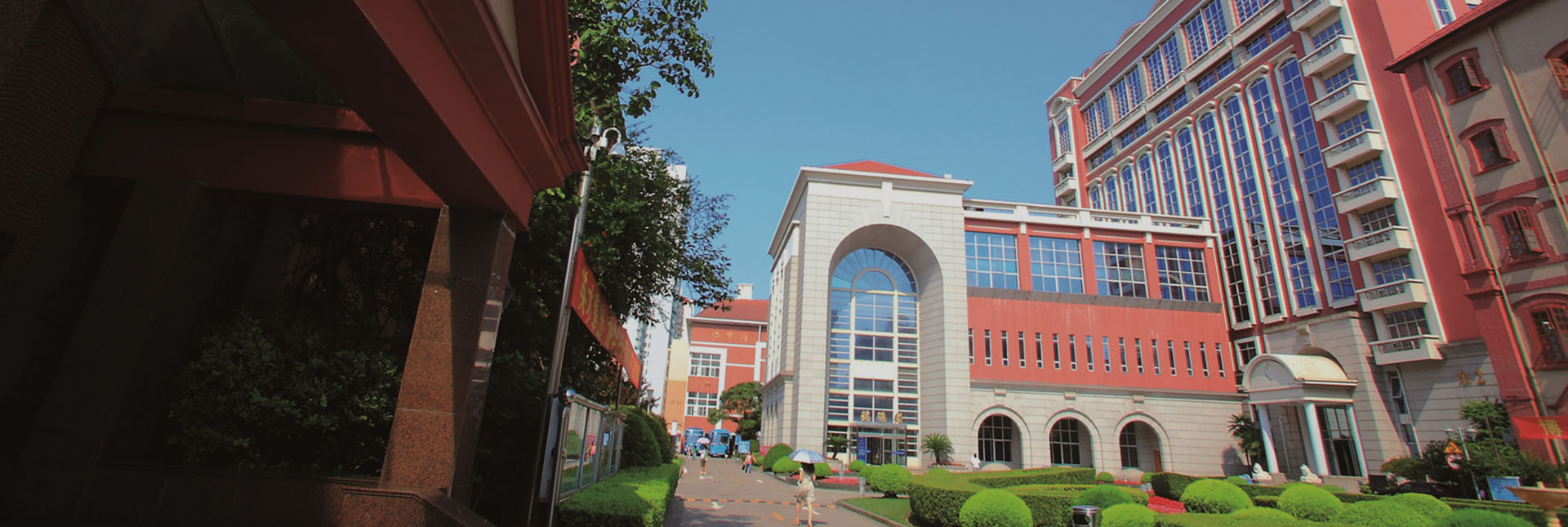Zheng Junke, (male, Han nationality), was born in Pingyang, Zhejiang Province. He is a Doctor of Science, research fellow and doctoral supervisor. Currently, he serves as vice chancellor of Shanghai Jiao Tong University School of Medicine.
Zheng studied clinical medicine at Shanghai Second Medical University from September 1995 to July 2000 and acquired his Bachelor’s degree there. He was a doctoral candidate for the combined postgraduate and doctoral program in developmental biology at Shanghai Second Medical University/ Shanghai Jiao Tong University School of Medicine from September 2002 to July 2007 and acquired his Ph.D. degree. He was a postdoctoral fellow at the University of Texas Southwestern Medical Center at Dallas (UTSW) from October 2007 to June 2012. He served as a research fellow at the Department of Pathophysiology, College of Basic Medical Sciences, SJTUSM starting from June 2012 and as deputy director since 2018. He served as secretary of the CPC Sub-committee of the Department of Pathophysiology, College of Basic Medical Sciences, SJTUSM from October 2019 to October 2022. He has been deputy director of the Key Laboratory of Cellular Senescence and Death since 2019.
Zheng has long been engaged in research on hematopoietic stem cells and leukemia stem cell metabolism, and immunotherapy of Leukemia. He uncovered the key roles of glucometabolic and amino acid metabolic and immunosuppressive receptor-mediated signaling in blood stem cell fate determination, providing multiple potential metabolic and immunological targets for leukemia therapy. He has published over 15 articles in prestigious journals, such as Nature, Cell Metabolism, JCI, Blood, Sci Adv and Leukemia, as the corresponding or co-corresponding author. So far, he has published 50 papers in total. He has applied for multiple domestic and overseas patents, and participated in the compilation of several books. He has headed key programs and general programs of the National Natural Science Foundation of China, as well as many national, provincial and ministry-level research projects including Shanghai Pujiang Program, Shanghai Oriental Scholar, and Dawn Program of Shanghai Education Commission.
Zheng has been selected as a recipient of the Excellent Young Scientists Fund, the National Science Fund for Distinguished Young Scholars, and the Shanghai Young Academic Leaders Program. He won the second prize of the 15th Eminent Youth Award of Shanghai Healthcare System, the Shanghai Youth May Fourth Medal, the Award for Wu Mengchao Medical Science Foundation, and the title of Excellent Communist Party Member issued by the CPC Shanghai Education and Health Working Committee. He is a member of the Blood Committee of the Chinese Association for Physiological Sciences, secretary general of the Youth Work Committee of the Chinese Association of Pathophysiology, member of Cell Metabolism Committee of the Chinese Society for Cell Biology, member of the Experimental Hematology Committee of the Chinese Association of Pathophysiology, member of the Standing Committee of Specialist Committee of Anti-Aging Medicine of Geriatrics Branch of China Association of Gerontology and Geriatrics, and secretary general of Shanghai Municipal Association of Pathophysiology.
He is in charge of scientific research (including clinical research center, achievement commercialization and technology transfer), international exchange, international student education, library and academic journals.
He coordinates work related to human resources, development planning, discipline development, postgraduate education and finance.
He is also responsible for liaison with College of Basic Medical Sciences (including Shanghai Institute of Immunology), School of Global Health, College of Health Science and Technology and all research institutes.



